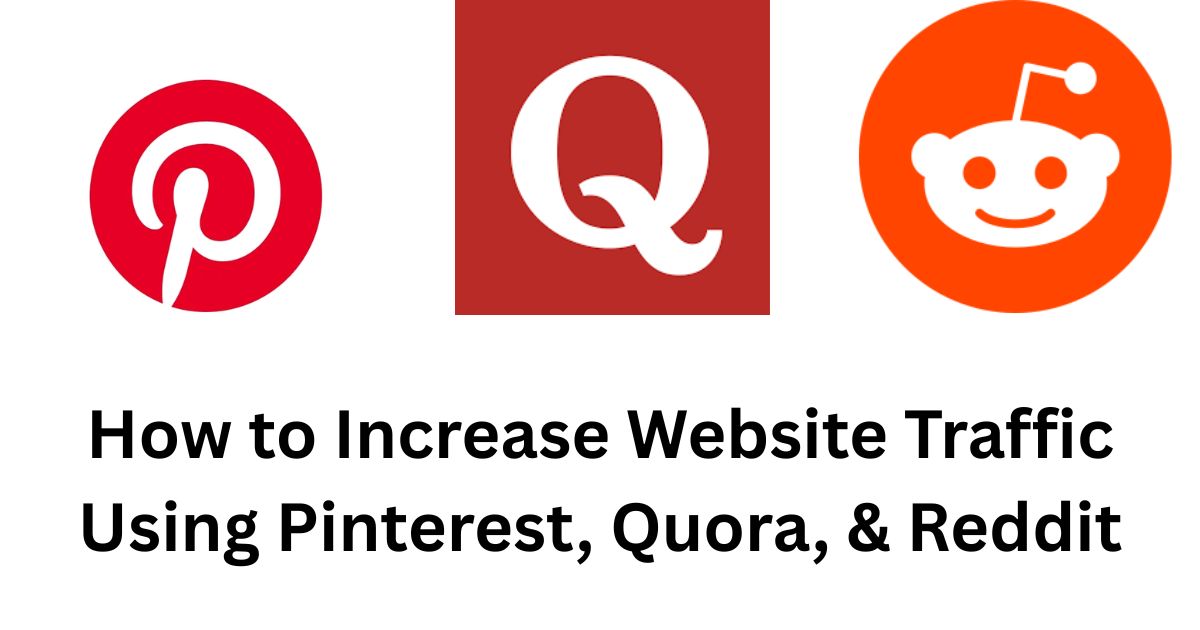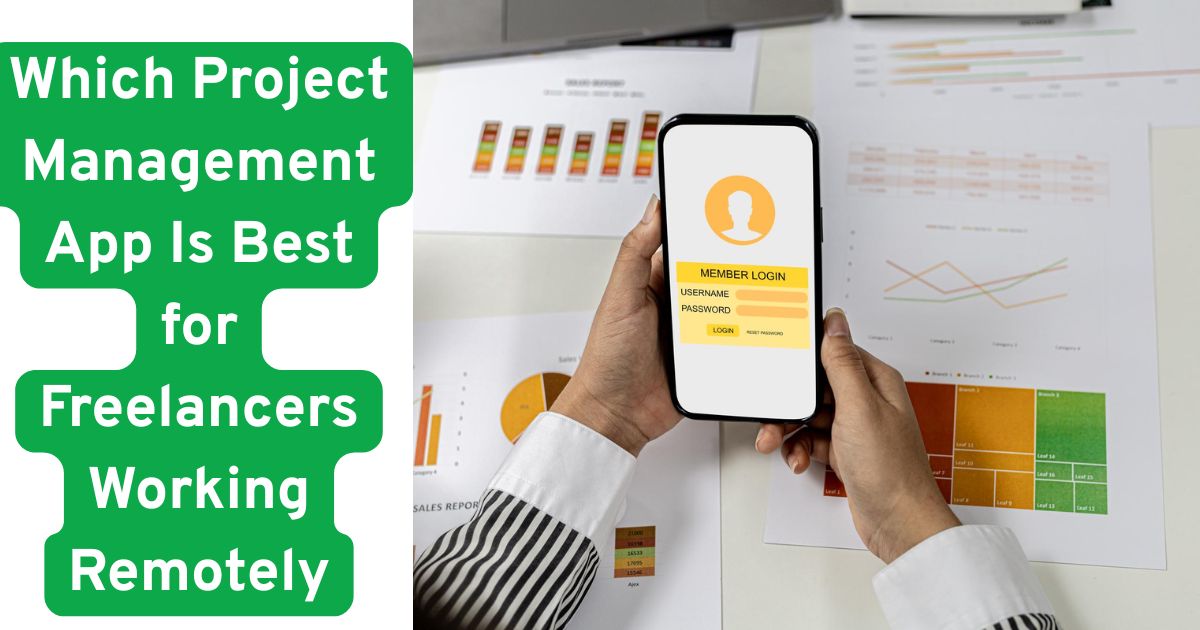Did you know that 73% of successful consultants started their careers without any formal consulting experience? If you’re wondering how to become a consultant with no experience, you’re not alone. Thousands of professionals are transitioning from traditional jobs to lucrative consulting careers every day.
Whether you’re a teacher looking to transition into an education consultant, a recent college graduate seeking to break into digital marketing consulting, or someone seeking to rebuild their career, this guide will show you exactly how to become a consultant with no prior experience, using freelance and volunteer projects as your stepping stones.
The best part? You don’t need expensive certifications, years of corporate experience, or a fancy MBA to get started. All you need is the right strategy, determination, and the proven methods we’re about to share with you.
What Is Consulting and Why Is It Perfect for Career Changers?
Consulting is simply helping businesses solve problems using your knowledge and skills. Think of it as being a professional problem-solver who gets paid to share expertise.
Here’s why consulting is perfect for people with no experience:
- Low barrier to entry – You can start with skills you already have
- Flexible schedule – Work part-time while keeping your day job
- High earning potential – Consultants earn 2-3x more than employees
- Work from anywhere – Most consulting work is done remotely
- Multiple income streams – You’re not dependent on one employer
The Modern Consulting Landscape
The consulting industry has changed dramatically. According to recent studies, 68% of businesses now hire freelance consultants rather than large consulting firms. This creates massive opportunities for newcomers who know how to become consultants with no experience.
Step 1: Identify Your Consulting Niche (Even Without Experience)
The biggest mistake people make is trying to be a “general consultant.” Instead, focus on one specific area where you can provide real value.
Popular Consulting Niches for Beginners:
Marketing & Branding:
- Social media strategy
- Content creation
- Email marketing
- SEO basics
- Small business branding
IT & Tech:
- Basic website setup
- WordPress customization
- Tech tool recommendations
- Software training
- Digital workflow setup
Education & E-learning:
- Online course creation
- Tutoring program design
- Learning management systems
- Educational content writing
- Student engagement strategies
Health & Wellness:
- Nutrition coaching
- Fitness program design
- Workplace wellness
- Stress management
- Mental health awareness
Business & Operations:
- Process improvement
- Standard operating procedures
- Remote work setup
- Small business organization
- Customer service systems
How to Pick Your Niche
Ask yourself these simple questions:
- What do friends and family always ask you for help with?
- What skills do you use in your current job?
- What are you naturally good at?
- What problems can you solve for others?
Remember, when learning how to become a consultant with no experience, your interests and existing knowledge are your most significant assets.

Step 2: Build Your Foundation Through Freelance Projects
Freelancing is the fastest way to gain consulting experience and build your reputation. Here’s your step-by-step plan:
Finding Your First Freelance Clients
Start with Your Network:
- Tell everyone you know about your new consulting focus
- Post on social media about your services
- Reach out to former colleagues and classmates
- Ask friends and family for referrals
Use Freelance Platforms:
- Upwork (best for beginners)
- Fiverr (great for specific services)
- Freelancer.com (wide variety of projects)
- LinkedIn (professional networking)
Pricing Your Services (When You Have No Experience)
Many beginners undervalue their services. Here’s a smart pricing strategy:
Week 1-4: Start at $15-25/hour to get your first reviews
Month 2-3: Increase to $30-50/hour as you gain confidence
Month 4-6: Move to project-based pricing ($500-2000 per project)
Month 6+: Transition to consulting rates ($75-150/hour)
See also: Sample Statement of Work for Consulting Services: Guide 2025
Creating Winning Proposals
When you’re figuring out how to become a consultant with no experience, your proposals need to stand out. Use this template:
- Address their specific problem
- Share your approach to solving it
- Mention any relevant experience (even personal projects)
- Provide a clear timeline and price
- Include a guarantee or revision policy
Step 3: Leverage Volunteer Work to Build Your Portfolio
Volunteer consulting is a powerful way to gain experience while helping good causes. This strategy is particularly effective for career changers and recent graduates.
Where to Find Volunteer Consulting Opportunities
Online Platforms:
- Catchafire.org (matches professionals with nonprofits)
- VolunteerMatch.org (local and virtual opportunities)
- JustServe.org (community service projects)
- Idealist.org (nonprofit job board with volunteer options)
Local Organizations:
- Small nonprofits in your area
- Community centers
- Local churches or religious organizations
- School districts
- Small business associations
Types of Volunteer Projects That Build Consulting Skills
For Marketing Consultants:
- Create social media strategies for local nonprofits
- Design marketing materials for community events
- Help small businesses with basic SEO
- Write newsletters for volunteer organizations
For IT Consultants:
- Set up websites for local charities
- Provide tech support for senior centers
- Create databases for community organizations
- Train staff on new software systems
For Business Consultants:
- Help nonprofits streamline their processes
- Create standard operating procedures
- Assist with budget planning and tracking
- Develop volunteer management systems
Real Success Story: Sarah’s Journey
Sarah was a high school teacher who wanted to become an education consultant. Here’s what she did:
Month 1: Started offering free tutoring strategy sessions to parents in her community.
Month 2: Volunteered to help a local nonprofit create an after-school program.
Month 3: Used her volunteer work as case studies to land her first paid client
Month 6: Left teaching to become a full-time education consultant, earning $80/hour
Sarah’s story demonstrates that when learning to become a consultant with no prior experience, volunteer work can be just as valuable as paid projects.
Step 4: Create Your Professional Brand and Online Presence
Even without experience, you can create a professional image that attracts clients.
Building Your Consulting Website
Your website doesn’t need to be fancy, but it should include:
- Clear headline about what you do and who you help
- About page telling your story and why you became a consultant
- Services page describing precisely what you offer
- Portfolio/case studies from your freelance and volunteer work
- Contact information and a simple contact form
- Testimonials from anyone you’ve helped (even informally)
Social Media Strategy for New Consultants
LinkedIn (Most Important):
- Share helpful tips related to your niche
- Comment on posts from potential clients
- Write articles about problems you can solve
- Connect with people in your target market
Other Platforms:
- Twitter: Share quick tips and engage with industry conversations
- Instagram: Behind-the-scenes content and visual tips
- Facebook: Join groups where your ideal clients hang out
Content Marketing That Works
Creating helpful content establishes you as an expert, even when you’re new to consulting. Try these content ideas:
- Blog posts solving typical problems in your niche
- Video tutorials showing your expertise
- Free guides that potential clients can download
- Case studies from your volunteer and freelance work
- Social media tips that demonstrate your knowledge

Step 5: Network and Build Relationships
Networking is crucial when learning how to become a consultant with no experience. But it doesn’t have to be scary or pushy.
Online Networking Strategies
Join Professional Groups:
- LinkedIn groups in your industry
- Facebook communities for consultants
- Reddit communities related to your niche
- Discord servers for professionals
Engage Authentically:
- Answer questions people post
- Share helpful resources
- Offer free advice when appropriate
- Build relationships before asking for anything
Top Online Platforms for Business Owners Looking for Partners in the USA
Offline Networking (Yes, It Still Matters)
Local Events:
- Chamber of Commerce meetings
- Industry meetups and conferences
- Coworking space events
- Small business association gatherings
Professional Organizations:
- Join associations related to your niche
- Attend workshops and training sessions
- Volunteer for committees or events
- Participate in mentorship programs
The Follow-Up Strategy
Most people struggle with following up. Here’s how to do it right:
- Connect within 24 hours of meeting someone
- Reference something specific from your conversation
- Offer value before asking for anything
- Stay in touch regularly with helpful content
- Ask for referrals only after building trust
Step 6: Land Your First Paying Clients
Now comes the exciting part – turning all your preparation into paying clients.
The “Soft Launch” Approach
Instead of announcing “I’m now a consultant,” try this gentler approach:
- Help people informally and ask for testimonials
- Start charging small amounts for your time
- Gradually increase your rates as demand grows
- Build confidence before going full-time
Overcoming “Imposter Syndrome”
Almost everyone learning how to become a consultant with no experience feels like a fraud at first. Here’s how to handle it:
- Remember that everyone starts somewhere – even expert consultants were beginners once
- Focus on the value you provide – you don’t need 20 years of experience to help someone
- Keep learning and improving – your knowledge will grow with each project
- Collect testimonials – positive feedback builds confidence
Converting Prospects into Clients
The Discovery Call Process:
- Listen carefully to their problems
- Ask specific questions about their situation
- Explain how you can help in simple terms
- Present your solution with clear deliverables
- Discuss next steps and timeline
Common Objections and How to Handle Them:
“You don’t have enough experience.” Response: “You’re right that I’m newer to consulting, but that means I’m hungry to prove myself and will give your project extra attention. Plus, my fresh perspective often helps me see solutions that others miss.”
“Your price is too high.” Response: “I understand budget is a concern. Let me show you the specific results you can expect and how they’ll impact your business.”
“I need to think about it.” Response: “Of course! What specific concerns can I address to help you make the best decision?”
Launch Your First Business in 30 Days or Less: The Ultimate 2025 Checklist
Step 7: Deliver Outstanding Results and Scale Your Business
Your first few clients are crucial for building your reputation and getting referrals.
Setting Clear Expectations
Always Include in Your Agreements:
- Specific deliverables and deadlines
- Communication schedule and methods
- Revision process and limits
- Payment terms and schedule
- What happens if the scope changes
Over-Delivering Without Overworking
Smart Ways to Exceed Expectations:
- Finish projects slightly early
- Include bonus insights or recommendations
- Provide easy-to-understand explanations
- Follow up after project completion
- Offer additional resources or tools
Getting Testimonials and Referrals
The Simple Ask: “I’m so glad we achieved great results together! Would you mind writing a brief testimonial about your experience working with me? Also, if you know anyone else who might benefit from similar help, I’d appreciate an introduction.”
Scaling from Freelancer to Consultant
As you grow, you’ll want to transition from hourly work to higher-value consulting:
Phase 1: Hourly Projects ($25-50/hour)
Phase 2: Fixed-Price Projects ($500-2000 per project)
Phase 3: Retainer Consulting ($2000-5000/month per client)
Phase 4: Premium Consulting ($150-300/hour or $5000+ per project)
Common Mistakes to Avoid
Learning how to become a consultant with no experience means avoiding these common pitfalls:
Mistake #1: Trying to Serve Everyone
Problem: Being a “jack of all trades” makes you forgettable.
Solution: Pick one specific niche and become known for it
Mistake #2: Underpricing Your Services
Problem: Low prices attract bad clients and hurt your reputation. Solution: Price based on value, not your lack of experience
Mistake #3: Not Having a Clear Process
Problem: Disorganized projects lead to unhappy clients.
Solution: Create step-by-step workflows for everything you do
Mistake #4: Focusing Only on Skills, Not Results
Problem: Clients don’t care about your skills; they care about outcomes. Solution: Always talk about the results and benefits you provide
Mistake #5: Giving Up Too Soon
Problem: Most people quit before they see real success
Solution: Commit to at least 6-12 months of consistent effort
Tools and Resources for New Consultants
Essential Software and Tools
Project Management:
- Asana (free for small teams)
- Trello (visual project boards)
- Monday.com (comprehensive solution)
Communication:
- Zoom (video calls)
- Slack (team messaging)
- Calendly (appointment scheduling)
Financial Management:
- FreshBooks (invoicing and accounting)
- PayPal or Stripe (payment processing)
- QuickBooks (more advanced accounting)
Design and Content:
- Canva (graphics and presentations)
- Google Workspace (documents and collaboration)
- Loom (screen recording for explanations)
Learning Resources
Free Training:
- YouTube channels in your niche
- Google Digital Marketing courses
- HubSpot Academy certifications
- Coursera and edX courses
Paid Resources:
- Udemy courses ($10-50)
- LinkedIn Learning ($29.99/month)
- Industry-specific certifications
- Online mastermind groups
Books Every New Consultant Should Read
- “The Consulting Bible” by Alan Weiss
- “Million Dollar Consulting” by Alan Weiss
- “The Trusted Advisor” by David Maister
- “Getting Things Done” by David Allen
- “The Lean Startup” by Eric Ries
Real Success Stories: People Who Made It Work
Story 1: Mike the Marketing Consultant
Background: Laid-off retail manager with no marketing experience. Strategy: Started by helping local restaurants with social media. Volunteer Work: Created marketing campaigns for food banks.
Result: Within 8 months, earning $4,000/month as a part-time consultant.
Story 2: Jennifer, the Business Operations Consultant
Background: Stay-at-home mom returning to work after 10 years. Strategy: Used her organizational skills to help small businesses. Volunteer Work: Streamlined processes for her children’s school
Result: Now runs a six-figure consulting business from home
Story 3: David the Tech Consultant
Background: Recent college graduate with a computer science degree. Strategy: Helped small businesses set up basic websites and tech systems
Volunteer Work: Provided tech support for local nonprofits
Result: Landed a $50,000 contract within his first year
These stories prove that becoming a consultant with no experience isn’t just possible – it’s happening every day for people who follow the right strategy.
Your Action Plan: Next Steps to Take Today
Now that you know how to become a consultant with no experience, here’s what to do next:
Week 1: Foundation
- Choose your consulting niche
- Set up basic social media profiles
- Tell 10 people about your new direction
- Research volunteer opportunities in your area
Week 2-3: Build Your Presence
- Create a simple website or LinkedIn profile
- Write your first piece of helpful content
- Apply for 3-5 volunteer projects
- Join 2-3 professional groups online
Week 4-6: Get Your First Projects
- Complete your first volunteer project
- Ask for testimonials and case study material
- Apply for paid freelance work
- Start networking consistently
Month 2-3: Scale and Improve
- Increase your rates gradually
- Create standard processes for your work
- Focus on getting referrals
- Consider specializing further in your niche
Month 4-6: Build Your Business
- Transition from hourly to project-based pricing
- Develop premium service offerings
- Create lead magnets and marketing materials
- Start planning your exit from your day job (if desired)
Conclusion: Your Consulting Journey Starts Now
Learning how to become a consultant with no experience might seem overwhelming at first, but thousands of people just like you have successfully made this Transition. The key is to start where you are, use what you have, and do what you can.
Remember these crucial points:
- Experience isn’t everything – your fresh perspective and hunger to succeed are valuable assets
- Volunteer work is real work – it builds skills, confidence, and portfolio pieces
- Freelancing is your training ground – each project teaches you something new
- Consistency beats perfection – showing up every day matters more than having all the answers
The consulting industry needs individuals who genuinely care about solving real problems and helping others achieve success. If that describes you, then you already possess the qualities necessary to become a successful consultant.
Your journey to becoming a consultant with no experience begins with a single step. Take that step today, and in six months, you’ll be amazed at how far you’ve come.
Ready to Start Your Consulting Career?
Connect with us at Digiduster.com today! Our team of experienced consultants and marketing experts can help you:
- Identify the perfect consulting niche for your skills and interests
- Create a professional online presence that attracts clients
- Develop a step-by-step plan for landing your first projects
- Build the systems and processes you need to scale your business
Contact us today for a free consultation and take the first step toward building the consulting career you’ve always wanted. Don’t let another day pass wondering “what if” – your success story starts now!
[Get Started Today – Contact Digiduster.com]



